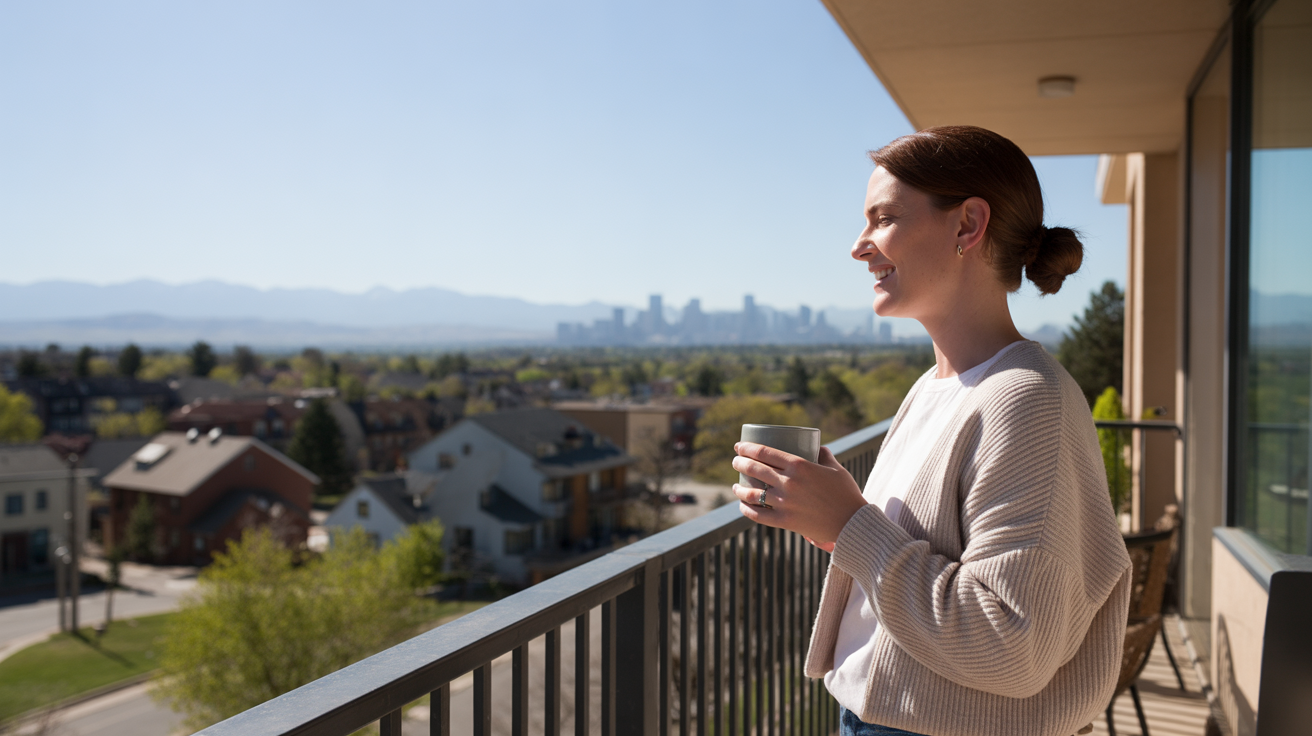Lone Tree, CO vs. Centennial, CO: Cost of Living Comparison (2025)
Which Denver suburb gives you more for your money – Lone Tree or Centennial? This article provides a detailed cost of living comparison between Lone Tree and Centennial, Colorado. It’s perfect for families relocating to the Denver area, professionals choosing between job offers, or anyone comparing the real cost of living in these two popular suburbs in 2025.

Housing Costs
Housing is often the biggest factor in cost of living. Here’s how typical rent and mortgage costs compare between Lone Tree and Centennial:
| Housing Type | Lone Tree | Centennial |
|---|---|---|
| 2BR Apartment (Monthly Rent) | $2,100 | $1,800 |
| 3BR House (Median Price) | $750,000 | $650,000 |
🏆 Winner: Centennial. Housing costs about 15-20% less in Centennial compared to Lone Tree, whether renting an apartment or buying a home.
Utilities and Energy Costs
Utility bills are fairly similar between the two cities. Expect to pay around $200-250 per month for electricity, gas, water, and trash services for a typical home. Costs may be slightly higher in the winter due to heating.
Both cities are served by Xcel Energy, which offers off-peak pricing and energy-saving programs to help manage bills.
🏆 Winner: Tie. Utility costs are comparable between Lone Tree and Centennial.
Groceries and Daily Expenses
Grocery prices and everyday costs like gas, dining out, and household goods are very similar between Lone Tree and Centennial. Both have easy access to major grocery chains, big box stores, and local markets.
Budget around $400-600 per month for groceries for a family of 2-4. Gas prices typically fall within 10 cents of each other between the two cities.
🏆 Winner: Tie. Expect comparable costs for groceries, gas, and daily expenses in both Lone Tree and Centennial.

Taxes and Fees
Property taxes are slightly higher in Lone Tree at around 0.7% of assessed home value, compared to 0.6% in Centennial. City sales taxes are 1.8125% in Lone Tree and 2.5% in Centennial, in addition to the state rate of 2.9%.
HOA fees vary widely by neighborhood but tend to be higher in Lone Tree, often including community amenities, landscaping, and trash service. In Centennial, more basic HOAs are common, covering shared road and open space maintenance.
🏆 Winner: Centennial. Lower property taxes and HOA fees give Centennial a slight edge.
Cost of Living Summary
| Category | Lone Tree | Centennial |
|---|---|---|
| Housing (3BR Home) | $3,125 | $2,708 |
| Utilities | $225 | $225 |
| Groceries | $500 | $500 |
| Transportation | $200 | $175 |
| Taxes & Fees | $600 | $450 |
| Misc Expenses | $500 | $500 |
| Estimated Monthly Total | $5,150 | $4,558 |
Note: Figures above are estimates based on a gross monthly income, before taxes. See our guides on the monthly costs of living in Lone Tree and overall cost of living in Lone Tree for more details.
Lifestyle Fit
While Centennial comes out ahead on overall affordability, Lone Tree offers perks that can make the extra cost worthwhile for some, like newer homes, upscale amenities, and a location closer to major employment hubs and the mountains.
Centennial tends to have older but more affordable homes, a quieter suburban feel, and more public transportation options. Commute times into Denver average about 10 minutes longer from Centennial than Lone Tree.
Frequently Asked Questions
Is Lone Tree more affordable than Centennial?
No, Centennial has a lower overall cost of living, primarily due to more affordable housing. However, the difference may be worth it for some households depending on priorities.
Which city has lower rent?
Centennial has lower average rent, with a typical 2BR apartment costing around $1,800 compared to $2,100 in Lone Tree.
Where is it cheaper to buy a home?
Centennial has lower median home prices, with a typical 3BR house costing around $650,000 compared to $750,000 in Lone Tree. Property taxes are also slightly lower in Centennial.
The Bottom Line
Centennial offers a lower cost of living for those seeking an affordable home in the Denver suburbs, with the tradeoff of an older housing stock and slightly longer commutes. Lone Tree’s higher housing costs come with perks like newer homes, upscale amenities, and proximity to employment hubs that make it worth the premium for some households.
Ultimately, the best choice depends on your household’s specific needs, preferences and budget. Be sure to compare all the factors that matter most to your lifestyle.
